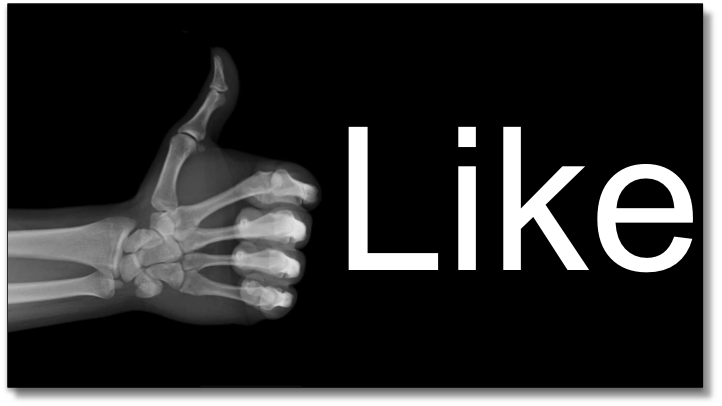
Enterprise social networks that provide privacy, security and collaboration in a private health community built around both people and subject matters will be the thing that accelerates social media adoption faster than any technology trend that has ever touched healthcare.
When you combine the power of collaboration with the ability to assimilate information in context and respond in real time, you have the basic ingredients to truly transform healthcare. Social media supported on-premise through private cloud architecture and deployed specifically for the hospital to engage both physicians and patients might be just the right medicine.
Hospitals and physicians are coming around to social media even though they have tended to be late to technology parties and are generally risk-averse to solutions whose value isn’t yet fully understood. Then there are the valid concerns with social media, such as HIPAA violations and the security holes that are known to plague the consumer-oriented social platforms. Despite all this, some progressive hospitals are done experimenting and moving into strategic deployment. And why not? The stakes are too high to ignore.
The emerging e-patient
With the emergence of the e-patient who are equipped, enabled, empowered and engaged in all things related to their healthcare, there is much to be gained for all stakeholders by adopting social media sooner rather than later. As a collaboration tool, email is extremely limited, presents some of the same security issues as social media and does more to silo work efforts than to foster collaboration. And even though nearly every physician is armed with a smart phone, few physicians are extracting the benefits of engaging with online communities, preferring rather to email colleagues.
Yet, hospital organizations are just like any other business. When customers are talking about you, you can ill-afford not to listen to what they have to say. Social media was ready-made for HCAHPS and the impending paradigm of linking reimbursement to patient satisfaction.
Managing conversations with enterprise social platforms
Secure, enterprise social platforms such as tibbr can help physicians walk that fine line between imparting specific medical advice versus providing more generic medical information. Hospitals and physicians have a lot to gain from engaging e-patients, and managing and monitoring conversations. Tactically, hospitals are using social media in the same way that online retailers are: through marketing, brand support, and patient /physician retention/recapture programs, often referred to as loyalty campaigns. (continued…)





